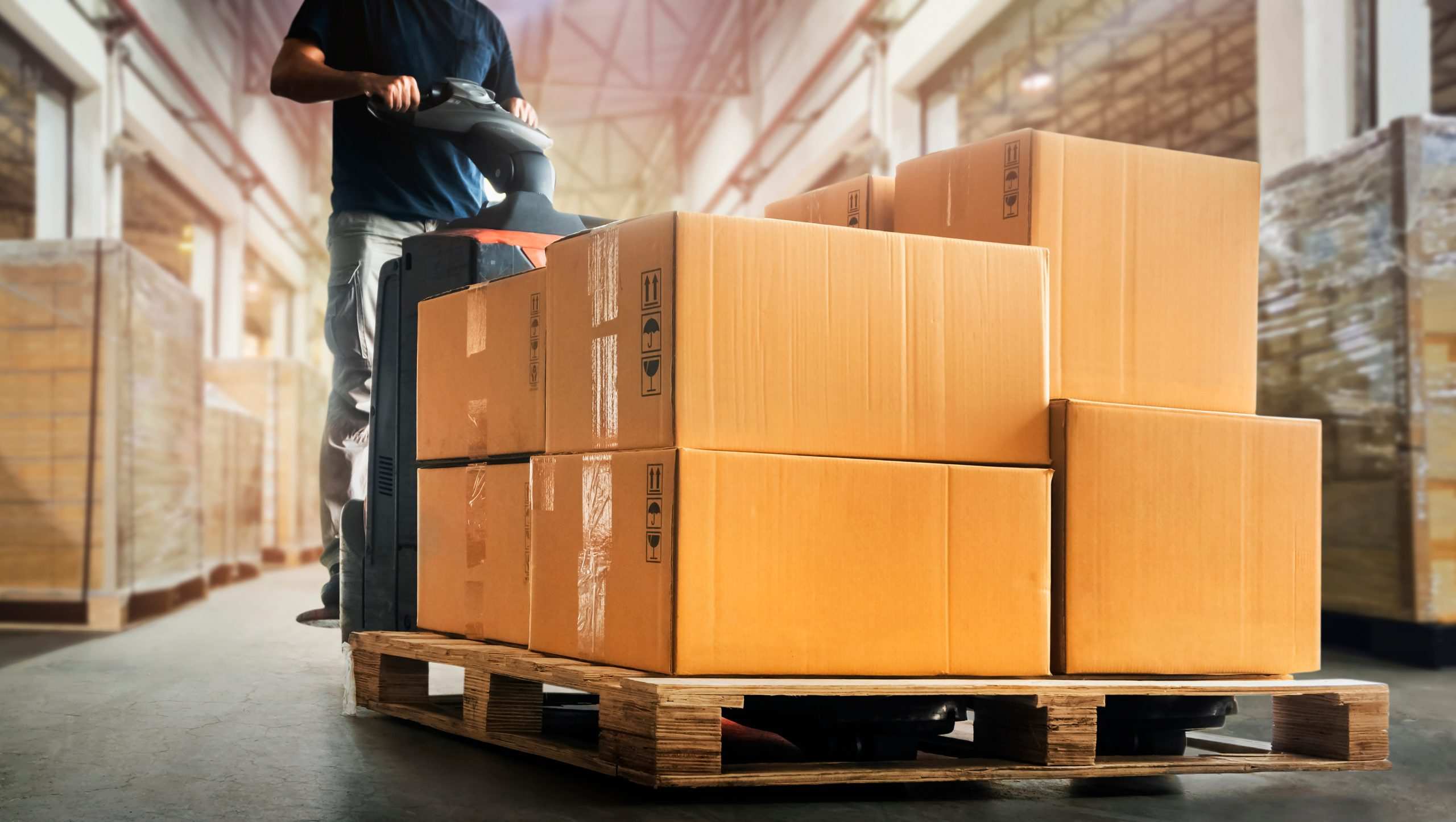In the fast-paced, interconnected world of today, courier companies form the backbone of both global and local commerce. Acting as the crucial link between businesses and customers, courier companies ensure that goods, documents, and packages reach their destinations swiftly and securely. This article delves into the structure and operations of a courier company, shedding light on the intricate logistics that underpin our everyday deliveries.
The Basic Structure of a Courier Company
Courier companies come in all sizes, from multinational corporations handling millions of parcels each day to small, local businesses serving a specific region. Regardless of their size, all courier companies maintain a basic organisational structure, which includes the following key elements:
Head Office
The head office forms the central command of a courier company. Here, overarching decisions regarding company strategy, finances, marketing, and human resources are made.
Branch Offices or Depots
Courier companies operate a network of branch offices or depots, spread across different geographical locations. These offices serve as local hubs for courier operations, including parcel collection, sorting, and dispatching.
Delivery Staff
Arguably the most vital component of a courier company, delivery staff or couriers are responsible for the last leg of the delivery, ensuring that parcels reach their intended recipients. Couriers often work within specified areas, or routes, within the company’s service area.
Support Staff
Support staff includes customer service representatives who handle queries, and complaints, and provide tracking information to customers. Furthermore, there are logistics planners, IT staff, and others whose roles ensure the smooth operation of the company.
Key Operations of a Courier Company
Collection
The process starts with the collection of parcels from various sources. This could include collecting packages from a business’s premises, a courier depot, or an individual’s home. Some courier companies offer drop-off points where customers can leave their packages for collection.
Sorting
Once collected, parcels are brought to a central sorting hub. Here, parcels are categorised based on their destination postcodes. Advanced courier companies use automated systems to sort parcels quickly and accurately.
Transportation
The next stage involves transporting these sorted parcels to their respective destinations. For local deliveries, this is often straightforward. However, for long-distance or international deliveries, this could involve multiple modes of transport, including vans, lorries, trains, aeroplanes, and even ships.
Delivery
Upon reaching the destination area, parcels are further sorted for individual couriers based on their delivery routes. Couriers then deliver the parcels to the recipient’s doorstep. In some cases, particularly in remote areas, courier companies may utilise the services of local courier firms to complete this ‘last mile’ of the delivery.
Real-time Tracking and Customer Support
Modern courier companies provide real-time tracking for parcels. This involves scanning parcels at multiple points during their journey and updating the status on a central system accessible by customers.
Customer support is another vital operation. Support staff handle customer queries, complaints, and provide information about services, pricing, and parcel status.
Challenges in Courier Operations
Courier companies face numerous challenges, including logistical difficulties, customs clearance for international deliveries, time constraints for same-day or next-day deliveries, and managing large volumes of parcels, particularly during peak times such as the holiday season. Furthermore, courier companies must ensure the safety and security of parcels, and handle any loss or damage promptly and professionally.
Concluding Thoughts
The operation of a courier company is a complex process involving meticulous planning and execution. Through a coordinated effort between multiple teams and departments, courier companies manage to deliver millions of parcels around the world every day.
The ever-growing e-commerce sector, coupled with customers’ increasing expectations for fast and reliable delivery, means that the courier industry is likely to continue its growth trajectory.





